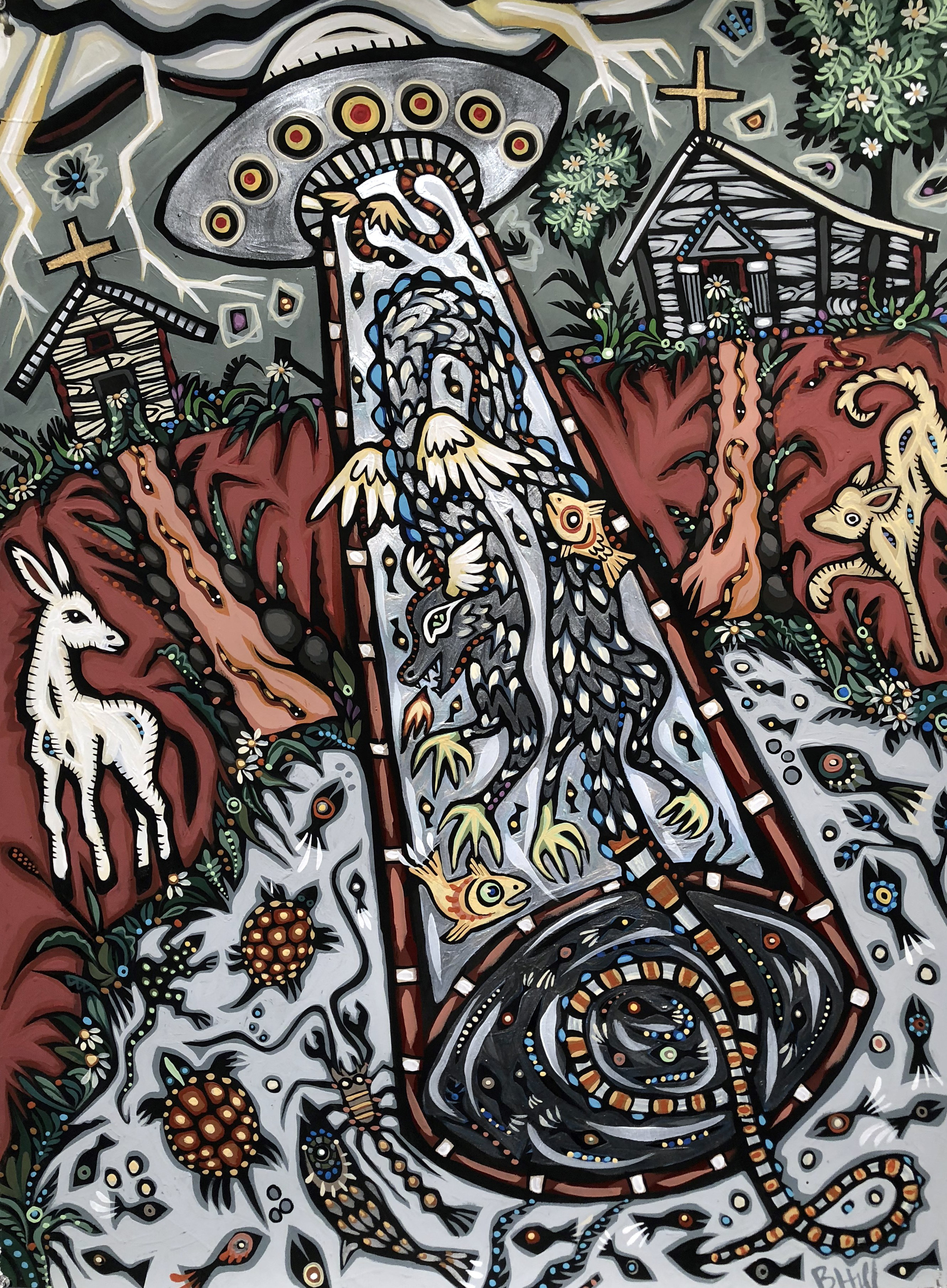
Editorial
Gabrielle Bates, Ashley M. Jones, Alina Stefanescu
10/22
GB: Like Venice in Italo Calvino’s Invisible Cities, Birmingham, Alabama, is both an utterly real and utterly unreal place. The more I read pieces that attempt to describe or conjure its presence or meaning on the page, and the more I attempt to write those pieces as a poet myself, the more real and unreal the city grows. Perhaps it is this way with everything language touches (‘a word is elegy to what it signifies’—Robert Hass). Perhaps descriptions are ghostly shrouds. In this special issue, Birmingham, Alabama, is approached from many angles—interior and exterior—by an array of distinct and brilliant writers, and they create together an imaginary city, alive with thick air, bristling with real accents, friendships, vultures, tornados, mothers, births, and heat—I’m grateful for the way these pieces estrange me from my homeplace, while also making it feel closer and more true than ever.
AS: I love the degrees of estrangement present. Milan Kundera once wrote, ‘the more alien things are from one another, the more magical the light that springs from their contact’. I am rubbing Alabama against Romania and hoping the friction warms the page. I am studying and learning from others who rub. Writing, rubbing, making fires—something about that is both momentary and durable. Like ghosts.
AMJ: Birmingham, Alabama is an alive place. I think it can be easy to look to Alabama and only see the stains of its past and the daggers of its present, but poetry is always the thing that cuts through. Poetry can show the reality, the breath. It’s always my pleasure to celebrate my city, my state, and the communities that make up their vibrant quilt. This issue serves to show just a small part of that quilt—poets whose voices are vital, unique, and alive. This issue is about community, even down to the editors—the three of us represent our own distinct Birmingham, and we worked together to make this issue come to be.
***
GB: Alina and Ashley: Were there any overlaps you noticed or found particularly resonant when it came to the pieces we chose to include in this issue? A small thing, but I was delighted by the multiple references to Railroad Park across the poems (thinking of the ones I received from Raye Hendrix and Taylor Byas in particular). As a public space where people from all walks of life frequently converge in Birmingham to exercise, chat, spot turtles, hear a concert, or just breathe some fresh air, it makes sense that poets would converge there on the page as well. I like imagining the poetic personae crossing paths there, making eye contact.
AS: I, too, heard the trains. And felt a sense in which the poets converged and spoke in similar areas, on a cloud floating through Birmingham. I think it was Jenny Odell who said learning a new language begins with the nouns—and the nouns poets brought to these poems combined the industrial with the botanical. Again, there is this sense in which Birmingham is haunted by what it has destroyed in the name of progress. There is this tension—ecology vs. industry—which returns us to the flesh, and to the humans who have been quietly sacrificed, used, or erased in order to build the future desired by wealthy industrialists. Although this tension is not unique to Birmingham, it is central to what was ‘magic’, and I think the poets in this issue, not to mention the presence of our poet laureate, Ashley, reclaim the magic—reclaim and reinvent and envision a magic which is almost like a counter-spell against the ‘magics’ limited to enriching corporate leaders. It's hard to convey the powerful role that poetry plays as a space of continuing resistance and visionary creation in Birmingham. I haven't seen anything like it. Poetry is a language that everyone is invited to speak and share here.
AMJ: I think the overlap I see is the very clear dedication to that sense of magic, as Alina suggests. The artists here are not trying to be anyone but themselves–there is no such thing as a ‘Birmingham style’. If someone were to study us in a distant future, I don’t think they would be able to say we all had the same teacher, we all had the same metaphors, we all had the same idea about where to break a line–we’re all doing something very different, and that is really so magical to me. This place is one that seems (well, in the community spaces, at least), pretty untouched by a curse of sameness. When you go to a poetry reading here in Birmingham, you’re going to get formal poetry, you’re going to get narrative poetry, you’re going to get hip hop, you’re going to get spoken word, you’re going to get confessional poetry, you’ll get historical poetry, you’ll get humor, you’ll get nature poetry, you’ll get political poetry (as a current throughout them all, truly), and each poet’s voice is distinct and glowing in this unmistakably Southern way. I am so grateful to be writing here, but also to have been able to show some of our community to our friends across the pond.
